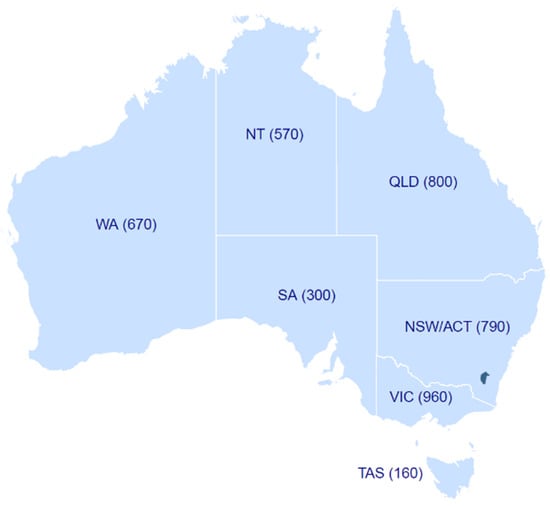Life Cycle Assessment of Modern Mobility (Technologies) – Managing the Turnaround
A topical collection in Sustainability (ISSN 2071-1050). This collection belongs to the section "Sustainable Transportation".
Viewed by 5746Editor
Interests: sustainable mobility; electric vehicles; life cycle assessment; carbon footprinting; education for sustainable development (ESD); environmental impact assessment
Special Issues, Collections and Topics in MDPI journals
Topical Collection Information
Dear Colleagues,
Sustainable mobility is one of the mega topics of the current sustainability discussion and will remain so for the foreseeable future. Resource consumption and emissions increase in the transportation sector much faster than in other sectors, with no proven decoupling of economic and mobility growth. The number of cars, for example, has been increasing much faster than population growth for a long time. At the same time, population growth, the linked increase in mobility demand and a general trend for urbanization are seriously damaging the quality of life in cities. There is therefore an urgent need to look for alternatives both in technology and in the management of mobility.
On the other hand, there has never been a time with so many options and alternatives in development, particularly in connection with electrification. However, there can be, and have been, developments in the wrong direction. Therefore, we seriously need to evaluate new options with a full life cycle assessment (LCA) before decisions are made and funding strategies or subsidies are offered. Science needs to deliver appropriate and reliable data to ensure reasoned decisions.
For this Special Issue, we aim to collect papers on the LCA of new mobility technologies (such as micromobility) and alternatives in transportation management (such as vehicle sharing). In addition, there are still knowledge gaps, even with topics that have been intensively investigated, e.g., impact categories other than global warming and the detailed assignment of impacts within the life cycle of electric vehicles. New interactions with the energy infrastructure and the derived business models require the broader investigation of some systems, e.g., battery second use or vehicles in vehicle-to-home or vehicle-to-grid interactions.
Appropriate new methodological approaches and detailed scientific data are the preconditions for the sustainable transformation of our mobility systems and effective product and management optimization.
Prof. Dr. Eckard Helmers
Guest Editor
Manuscript Submission Information
Manuscripts should be submitted online at www.mdpi.com by registering and logging in to this website. Once you are registered, click here to go to the submission form. Manuscripts can be submitted until the deadline. All submissions that pass pre-check are peer-reviewed. Accepted papers will be published continuously in the journal (as soon as accepted) and will be listed together on the collection website. Research articles, review articles as well as short communications are invited. For planned papers, a title and short abstract (about 100 words) can be sent to the Editorial Office for announcement on this website.
Submitted manuscripts should not have been published previously, nor be under consideration for publication elsewhere (except conference proceedings papers). All manuscripts are thoroughly refereed through a single-blind peer-review process. A guide for authors and other relevant information for submission of manuscripts is available on the Instructions for Authors page. Sustainability is an international peer-reviewed open access semimonthly journal published by MDPI.
Please visit the Instructions for Authors page before submitting a manuscript. The Article Processing Charge (APC) for publication in this open access journal is 2400 CHF (Swiss Francs). Submitted papers should be well formatted and use good English. Authors may use MDPI's English editing service prior to publication or during author revisions.
Keywords
- life cycle assessment
- electric vehicles
- transportation modes
- transportation management
- sustainable mobility
- micromobility
- resource consumption
- impact categories
- vehicle-to-grid
- vehicle-to-home interaction
- batteries
- battery second use






